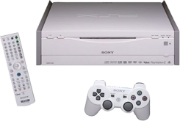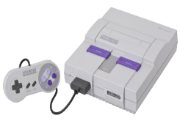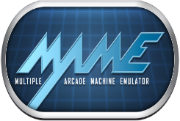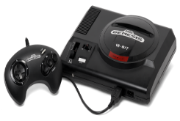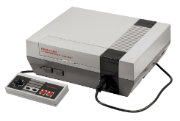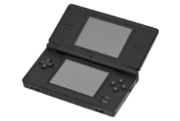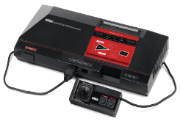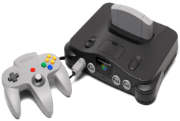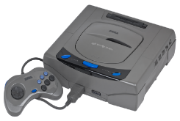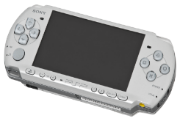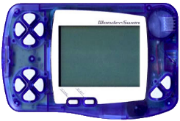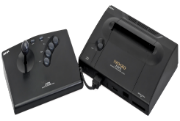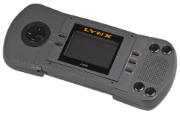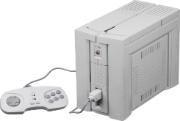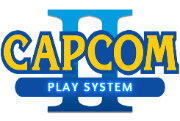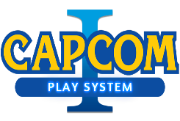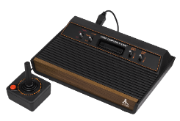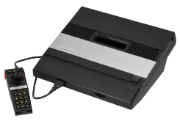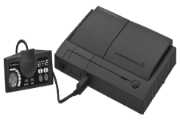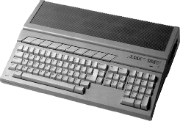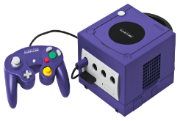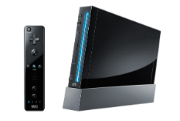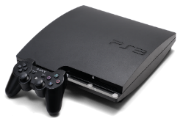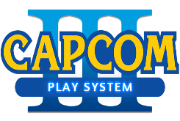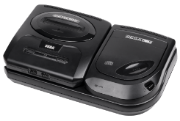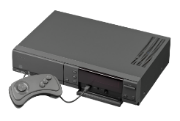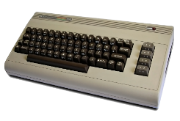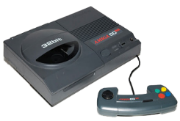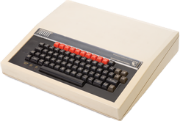
How Emulators Ease Access To Old School Games & Consoles
To a geek, an emulator is a software that imitates a different system. To someone else, an emulator is a portal to childhood, old school games and the first games they have ever played. From a technical point of view, the emulator replicates an operating system.
In other words, if you used to love MAME (Multiple Arcade Machine Emulator) as a kid and you want to experience the same sensations again, you can get a MAME emulator that allows you to replicate the same operating system on a modern device – be it your computer, laptop or even mobile device.
Now, emulators do not come with any games at all. Instead, they only replicate the actual operating system. Once you have the emulator, you will need to find games – all these old fashioned games are now available in ROMs (game images).
The good news is that no matter what console or platform you are interested in, you can find at least one emulator for pretty much everything out there. Are you into Nintendo DS? How about PlayStation 1 or Super NES? Big fan of Sega Genesis or Nintendo Game Boy? You will easily find a few emulators to replicate these old consoles – the only thing left is finding the games.
Emulators go even further back in history. Before actual computers, older gamers have started with the 3DO Interactive Multiplayer system or perhaps ZX Spectrum – a keyboard and a cassette player that connected to the TV set. Even such games that used to be popular in the 1980s can now be replicated on modern devices.
There is an emulator for pretty much every new or ancient console out there. Different emulators are used with different files. For example, you cannot use an Atari Jaguar emulator to play Sony PlayStation 2 games because the file extensions are not compatible. In other words, you need to find an emulator that was specifically made for the platform you want.
Then, emulators are also created for particular devices or operating systems. For instance, some emulator work with Windows only. Some others are meant for Linux system. Then, you can also find emulators designed as mobile applications, meaning they are used on smartphones and tablets only, rather than laptops or computers.
When choosing an emulator, you need to ensure it is designed for the operating system or device you use, but also for the console you want to replicate. Once you have it up and running, it is your responsibility to find the ROM files (the actual games), but this part is fairly simple.
Other than that, not all emulators are perfect. Some of them can easily emulate popular games without any bugs whatsoever, while less known games may not be perfectly emulated. You might need to try an emulator or two before settling down on your favorite childhood games though.
The best part is that even if you cannot find the perfect emulator from your first attempt, chances are you will find other alternatives for the respective console.



















































